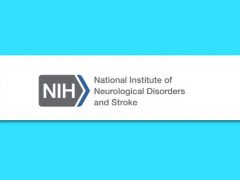Sleep Overview from NIH
This sleep overview from the National Institutes of Health covers the basics of how sleep works. The first four paragraphs are below, but there is more detailed content if you click the link at the bottom of this page.
Sleep is an important part of your daily routine—you spend about one-third of your time doing it. Quality sleep—and getting enough of it at the right times—is as essential to survival as food and water. Without sleep, you can’t form or maintain the pathways in your brain that let you learn and create new memories. Lack of sleep makes it harder to concentrate and respond quickly.
Sleep is important to a number of brain functions, including how nerve cells (neurons) communicate with each other. In fact, your brain and body stay remarkably active while you sleep. Recent findings suggest that sleep plays a housekeeping role that removes toxins in your brain that build up while you are awake.
Everyone needs sleep, but its biological purpose remains a mystery. Sleep affects almost every type of tissue and system in the body—from the brain, heart, and lungs to metabolism, immune function, mood, and disease resistance. Research shows that a chronic lack of sleep, or getting poor quality sleep, increases the risk of health problems like high blood pressure, cardiovascular disease, diabetes, depression, and obesity.
Sleep is a complex and dynamic process that affects how you function in ways scientists are now beginning to understand. This webpage describes how your need for sleep is regulated and what happens in the brain during sleep.


